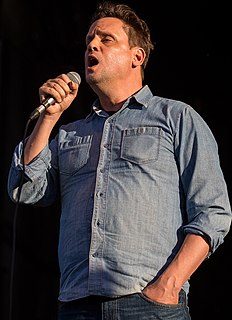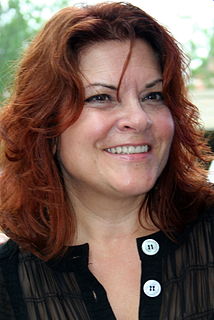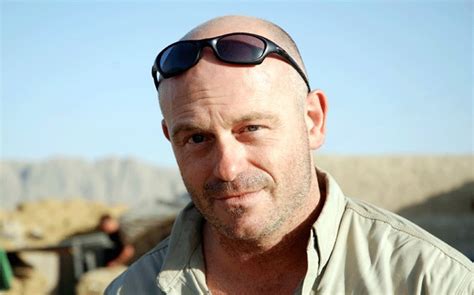A Quote by Mark Kozelek
I see myself more like a novelist or a polygamist than a musician in terms of my output.
Related Quotes
Many people think of me as just a riff guitarist, but I think of myself in broader terms. As a musician I think my greatest achievement has been to create unexpected melodies and harmonies within a rock and roll framework. And as a producer I would like to be remembered as someone who was able to sustain a band of unquestionable individual talent, and push it to the forefront during its working career. I think I really captured the best of our output, growth, change and maturity on tape - the multifaceted gem that is Led Zeppelin.
What's been important in my understanding of myself and others is the fact that each one of us is so much more than any one thing. A sick child is much more than his or her sickness. A person with a disability is much, much more than a handicap. A pediatrician is more than a medical doctor. You're MUCH more than your job description or your age or your income or your output.
I don't consider myself a musician who has achieved perfection and can't develop any further. But I compose my pieces with a formula that I created myself. Take a musician like John Coltrane. He is a perfect musician, who can give expression to all the possibilities of his instrument. But he seems to have difficulty expressing original ideas on it. That is why he keeps looking for ideas in exotic places. At least I don't have that problem, because, like I say, I find my inspiration in myself.
I don't view myself as a musician anymore - I view myself as a human being that functions as a musician when I'm functioning as a musician, but that's not 24 hours a day. That's really opened me up to even more perspectives because now I look at music, not from the standpoint of being a musician, but from the standpoint of being a human being.
[T]he theory of output as a whole, which is what the following book purports to provide, is much more easily adapted to the conditions of a totalitarian state, than is the theory of production and distribution of a given output produced under the conditions of free competition and a large measure of laissez-faire.
In terms of style, I think the memoirist should have a novelist's skill and all the elements of a novelist's toolbox. When I read a memoir, I want to really, deeply experience what the author experienced. I want to see the characters and hear the way they speak and understand how they think. And so in that way, writing a memoir feels similar to writing a novel.




































